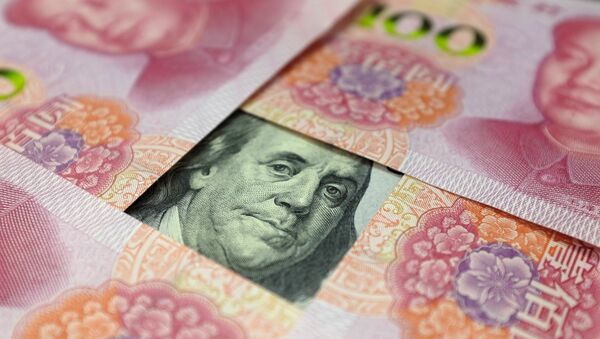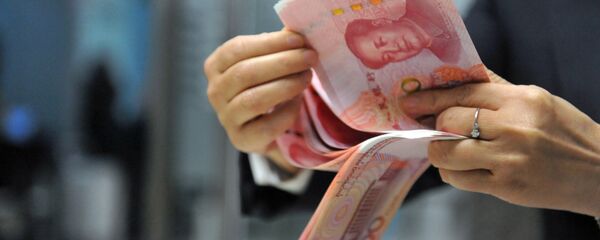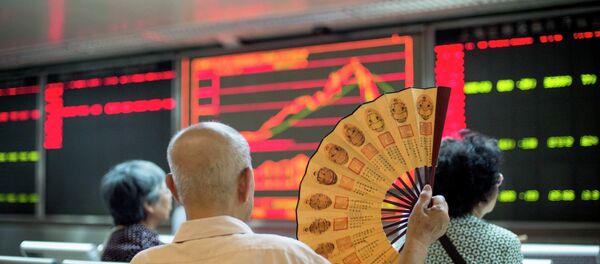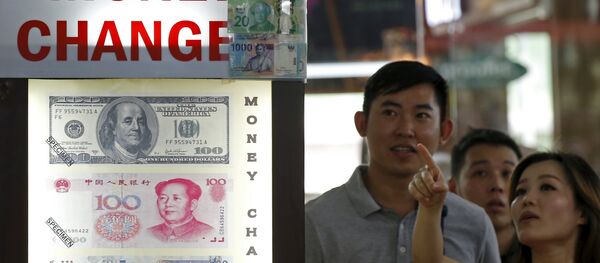"There is no way that growth won’t drop to below 2-3% well before the end of this decade, although if it manages the adjustment well and doesn’t put off too much longer an intelligent plant to resolve its debt burden, Beijing could keep the annual growth in household income from dropping much below 5% during this period," expert on China’s economy Michael Pettis, a professor at Peking University’s Guanghua School of Management, wrote in an article.
"This doesn’t mean that I think China is likely to experience an economic or financial crisis," he noted.
According to the bank, the SDR is more stable than the other IMF reserve currencies (the dollar, the euro, the yen, the British pound and – starting from October – the yuan).
According to the PBoC, denominating reserve data in the SDR would help improve its global role as a financial instrument. Many experts were surprised by the move, and some said it was part of Beijing’s plan to end dollar hegemony in the global economy.
"Whatever some people in Beijing might think about enshrining a multicurrency reserve system, in fact Beijing’s economic policies in the past two decades have done the opposite. They have systematically enhanced the reserve role of the US dollar," the author pointed out.
"This is truer now than ever. Regardless of the stated intentions of certain political figures, China’s economic adjustment requires that Beijing continue supporting the dollar’s reserve-currency role. A reduced role for the US dollar would actually make China’s already difficult economic rebalancing costlier than ever," he added.
The author also stated that the renminbi (yuan) will not become an important reserve currency over the next few decades.
The economist explained that issuance of a reserve currency presumes some significant costs for the issuing country.
"If foreign central banks acquire significant amounts of renminbi denominated bonds, China’s economic rebalancing will become far more difficult because either Beijing’s debt burden will grow even faster than it currently is growing, or its unemployment will be higher," the article read.
"It is why European countries also strongly opposed the same thing before the euro was created, and it is why China restricts foreign inflows, except in the past year when it has been overwhelmed by capital outflows," Pettis wrote.






